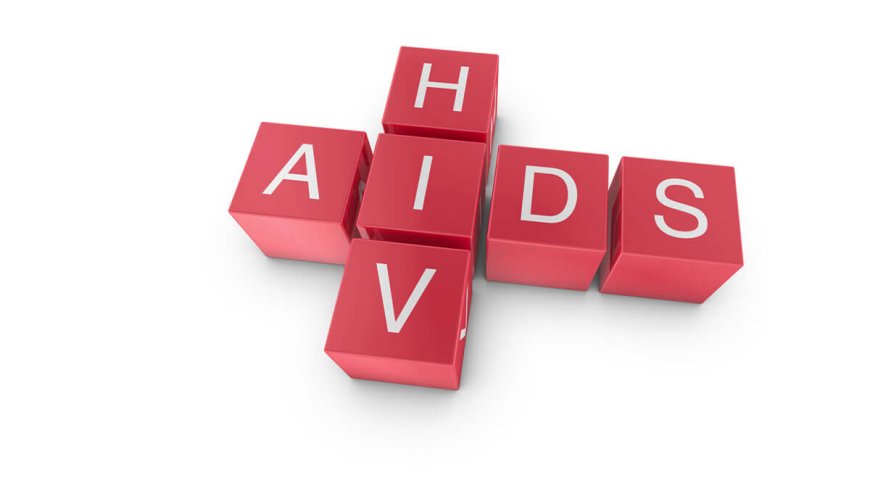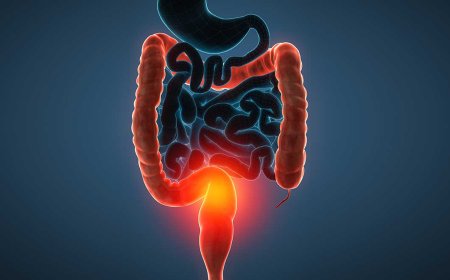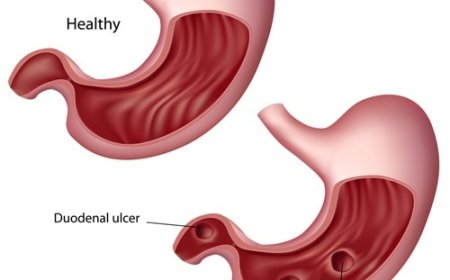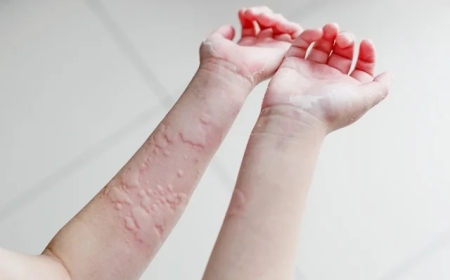HIV - AIDS

Introduction:
Once upon a time, in a faraway land called India, there was a tiny virus called HIV that was spreading silently among the people. HIV stood for Human Immunodeficiency Virus, and it caused a serious illness known as AIDS (Acquired Immunodeficiency Syndrome).
Signs and Symptoms:
Like a sneaky spy, HIV often hid inside people's bodies without making them feel sick immediately. However, some common signs and symptoms of HIV could include:
- Fever and flu-like symptoms
- Fatigue and weakness
- Swollen glands in the neck, armpits, or groin
- Skin rashes or sores
- Unexplained weight loss
- Recurring infections
What Is HIV - AIDS?
HIV is a tiny, invisible virus that attacks the body's immune system, which is like a superhero team that protects us from germs and illnesses. When HIV weakens the immune system enough, it leads to AIDS, a condition where the body becomes very vulnerable to dangerous infections and diseases.
How Is HIV - AIDS Classified?
HIV - AIDS has different stages:
-
Acute HIV infection: This is the early stage, and people might not even know they have it because there are no major symptoms.
-
Asymptomatic HIV: In this stage, the virus continues to spread inside the body, but people still might not feel very sick.
-
Symptomatic HIV: At this point, people may start experiencing symptoms of HIV like fever, fatigue, and infections.
-
AIDS: When the immune system becomes severely damaged, and the body can't fight off infections anymore, it is called AIDS.
Causes and Triggers:
HIV spreads from person to person through certain body fluids like blood, semen, vaginal fluids, and breast milk. It can pass when people have unprotected sex, share needles for drugs, or from mother to child during pregnancy or breastfeeding.
Risk Factors with examples:
Certain factors increase the chances of getting HIV, such as:
- Unprotected sex: When people don't use condoms during sex, they risk getting HIV.
- Sharing needles: When people use the same needles for drugs, it can spread the virus.
- Vertical transmission: If a pregnant woman has HIV and doesn't get treatment, she might pass it to her baby.
Types of HIV - AIDS with detailing for each type:
There are two main types of HIV:
-
HIV-1: This type is more common worldwide, including India, and is responsible for most HIV infections.
-
HIV-2: This type is less common and mainly found in West Africa. It spreads in a similar way to HIV-1 but may progress more slowly.
Diagnostic tests and treatments with descriptions about each of them:
Doctors have special tools to detect and manage HIV - AIDS:
-
HIV antibody test: This blood test checks for antibodies that the body makes to fight HIV. If the test is positive, it means the person has HIV.
-
Viral load test: This test measures how much HIV is in the blood. It helps doctors monitor the virus and the effectiveness of treatment.
-
CD4 count: This test counts the number of CD4 cells in the blood. CD4 cells are superheroes of the immune system, and knowing their count helps doctors see how strong the immune system is.
Treatments for HIV - AIDS:
-
Antiretroviral Therapy (ART): It's a special medicine that helps control the HIV virus and allows people to live healthier lives.
-
Pre-exposure prophylaxis (PrEP): This is a medicine taken by people who are at high risk of getting HIV to prevent infection.
-
Post-exposure prophylaxis (PEP): It's a medicine that someone can take if they might have been exposed to HIV to reduce the chances of getting infected.
Complications of HIV - AIDS: If HIV - AIDS is not managed properly, it can lead to severe complications like:
-
Opportunistic infections: These are infections that attack the weakened immune system, such as pneumonia or tuberculosis.
-
AIDS-related cancers: People with AIDS have a higher risk of certain cancers like Kaposi sarcoma.
Prevention techniques:
The best way to prevent HIV is to:
- Use condoms during sex to protect against transmission.
- Avoid sharing needles or other drug equipment.
- Get tested regularly, especially if someone has engaged in risky behaviors.
- Pregnant women with HIV should get treatment to prevent transmission to their babies.
So, dear young friends, we hope you understand that HIV - AIDS is a serious health issue, but with the right knowledge, prevention, and treatment, we can fight against it like superheroes! Always remember to take care of yourself and stay informed to keep HIV away.
What's Your Reaction?
 Like
0
Like
0
 Dislike
0
Dislike
0
 Love
0
Love
0
 Funny
0
Funny
0
 Angry
0
Angry
0
 Sad
0
Sad
0
 Wow
0
Wow
0







































































